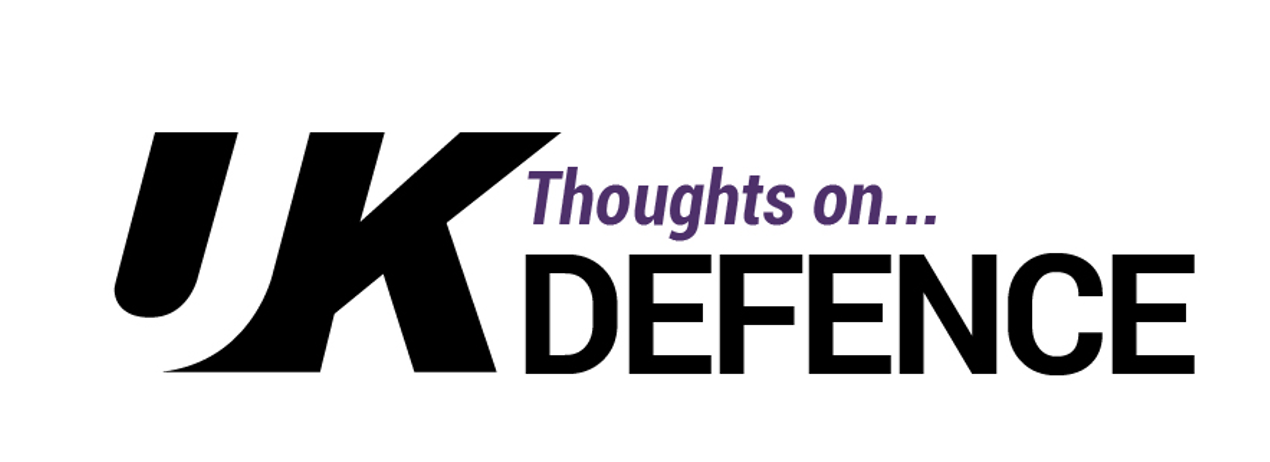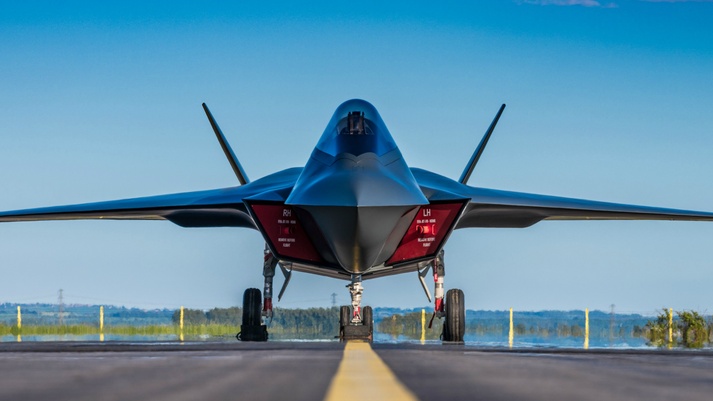Joe Biden’s precipitous withdrawal of US troops from Afghanistan has re-awakened the debate over the need for a collective EU military force. However, while supporters of EU ‘strategic autonomy’ suggest the fall of Kabul should serve as a wake-up call, some member states clearly see no existential threat to the bloc and have no wish to increase their own spending on defence.
Support for a collective EU military force
At the start of a two-day meeting of EU’s defence ministers last week, the EU’s foreign affairs representative – Joseph Borrell – suggested that ‘the need for more European defence has never been as much as evident as today after events in Afghanistan’. Of course, the EU already maintains battlegroups at a high state of readiness, with approximately 1500 personnel capable of deploying up to 6,000 kms from Brussels within ten days. However, this capability, which has been available since 2007 requires the agreement of all 27 member states before it can be deployed. This has never happened!
The new proposal under discussion would see a ‘first entry force’ of between 5,000 and 20,000 troops, which could be despatched from willing countries if a majority of member states agree. This change of approach is said to have support in both Paris and Berlin.
Impact of a collective EU military force
In an interview with The Telegraph, NATO’s secretary general – Jens Stoltenberg – said that while he welcomed ‘more European efforts on defence’ a collective EU military force risked overstretching ‘scarce resources’ of NATO allies. Indeed, over the years this has been the standard response to any initiative to create a standing European army. But is it still a valid argument?
Since the end of the Cold War, European nations have consistently downplayed the threats to their own security and reduced defence expenditure accordingly. Even Russia’s annexation of the Crimea in 2014, and Donald Trump’s regular complaints about NATO members not spending enough on defence, have not been enough to force more than 9 of NATO’s 28 European nations to meet their agreed target of spending 2% of GDP on defence. To that end, it could be argued that there is little enough European investment in defence as it is, without risking it being sucked into worthless projects, such as parallel command structures.
On the other hand, as OnUKDefence has previously argued, alliances within alliances could be a useful way of covering off military capability shortfalls. If a collective EU military force led to a genuine attempt to divide capability challenges among European nations, it could be a positive step. For example, rather than every EU nation trying and failing to maintain credible heavy armoured forces, allocating the requirement to just one or two would increase availability and strengthen interoperability. Clearly some EU nations, such as France, would want to maintain a broader spectrum of capabilities to allow them to operate unilaterally in accordance with their own strategic priorities. Other nations, however, might be far happier specialising in a small number of niche capabilities, and then contributing them to an EU co-ordinated force.
And this approach need not be detrimental to NATO. At present, the Alliance must manage inputs to its force structure from 30 different nations. Dealing with a single, EU point of contact reduces that number to just nine. Moreover, if the EU nations could successfully manage out their own capability gaps, this would only help NATO. A balanced EU input to the NATO ORBAT should certainly raise its credibility within the Alliance.
Conclusion
The NATO Secretary general’s knee-jerk reaction against the creation of a collective EU military force is disappointing and out of touch. Of course, getting agreement on its size and scope will not be easy, but torpedoing it before it has a chance even to float is short-sighted. In a multipolar world that is becoming more and more competitive, the EU needs more in its arsenal than soft power and the threat of economic sanctions. Providing it can complement, rather than undermine, the North Atlantic Alliance the possibility of a collective EU force should be taken seriously.






